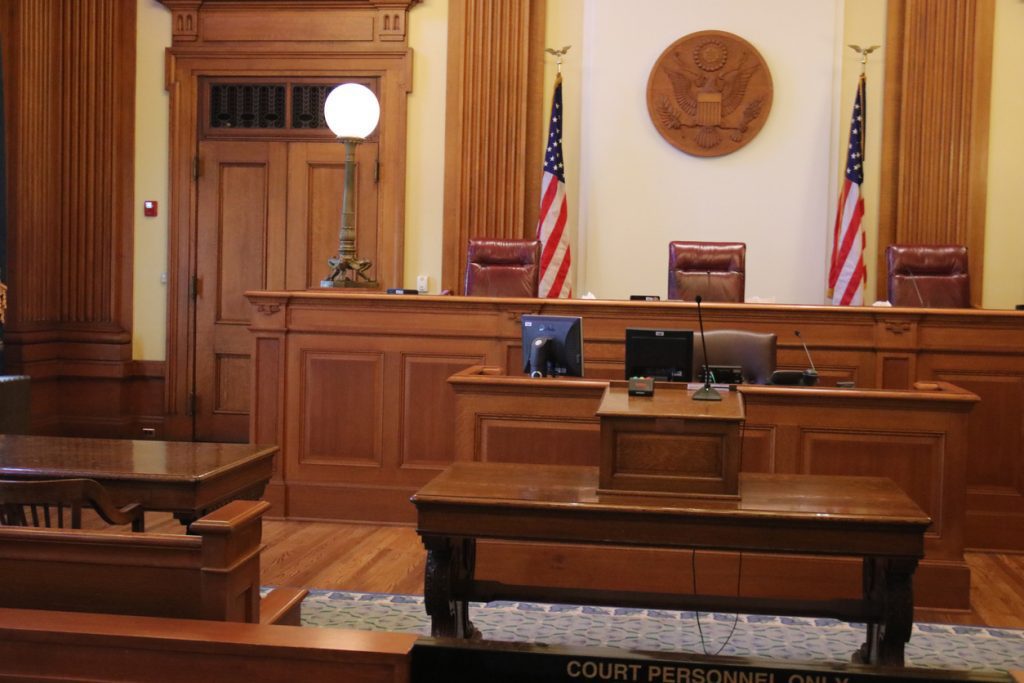In criminal (and civil) cases, there are usually three possible outcomes on appeal: affirmed, reversed or affirmed in part and reversed in part. In more simple terms, these outcomes usually look like losing, winning or something in between for criminal defense.
What does it mean when a case is affirmed on appeal?
If an appeals court affirms a trial court’s decision, it means that the decision stands. In a criminal case, if the outcome of the appeal is “affirmed,” the conviction and sentence stays in place. This is true even if the appeals court might have agreed with some of your arguments.
In Michigan, for example, a defendant who is convicted and sentenced in a county’s circuit court would appeal to the Michigan Court of Appeals. If the Court decides to affirm, the opinion will say exactly that at the end: “Affirmed.” After that, you can either ask the Court of Appeals to reconsider (which almost always fails) or appeal to the Michigan Supreme Court (which, while better, usually fails too).

What does it mean when a case is reversed on appeal?
If you’re a defendant filing an appeal and the appeals court affirms, that probably means you lose. On the other hand, if the appeals court reverses, that’s likely a win. In that circumstance, the appeals court will conclude that the trial court got something wrong. And, depending on the error made by the trial court, the appeals court might send your case back for a new trial or resentencing.
A reversal does not, however, necessarily mean that you will be released from prison. In most cases, the prosecutor can take the case to trial again. And, depending on the circumstances, the prosecutor might also ask the judge to keep you behind bars until that new trial. Your attorney can, of course, argue against that.

What does it mean when a case is affirmed in part and reversed in part on appeal?
The final possible outcome on appeal is a mix of both of the other two. In this circumstance, the appeals court will affirm in part and reverse in part. This generally means that the appeals court agrees with part, but not all, of your argument. In that situation, the appeals court will send the case back.
A common example of this scenario involves arguments that your trial lawyer’s performance constituted ineffective assistance. An appeals court might not agree that your trial lawyer’s performance requires a new trial. But it may still send the case back to the trial judge to make that decision after an evidentiary hearing.
The Takeaway:
In criminal (and civil) cases, there are usually three possible outcomes on appeal: affirmed, reversed or affirmed in part and reversed in part. If the appeals court affirms, you can usually either appeal to another appeals court or ask that other appeals court to consider the case. If the appeals court reverse or reverses in part, the case will go back to the original judge.






